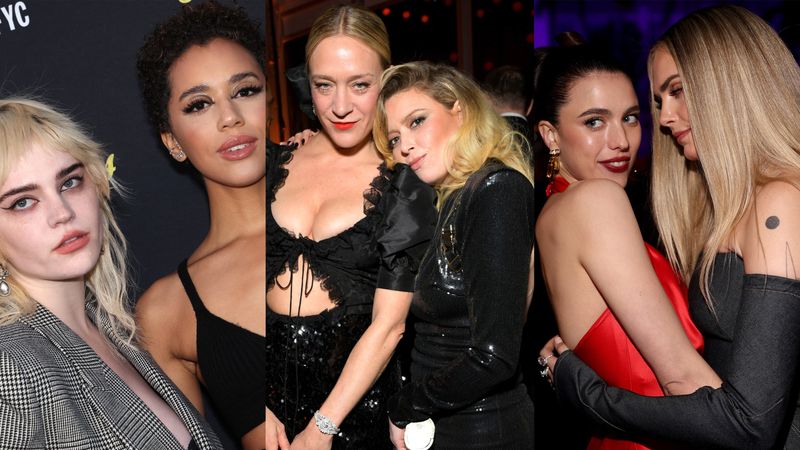When asked by a friend who I would I write my column for today , I turned to him with my usual grimace of uncertainty and said, “Perhaps, it will be on one of my activist, queer, literary 'sistah- heroines' June Jordan who died in June 2002." When he paused for a moment and then turned to me with a grimace of indignation asking “ Who was she?” I, at that moment, chose my topic.
Who was June Jordan?
She inspired me to write.
June Jordan, an awarding-winning poet, former columnist for The Progressive, author of 28 books of poems, political essays, children’s fiction, was a “boundary crosser” who died at the age of 65 after a decade-long battle with breast cancer.
Jordan was a boundary crosser whose life’s work was her writings. Both the Norton Anthology of African American Literature and The African American Review depicted Jordan as one of the most prolific contemporary African American writers in many genres.
Author and Nobel laureate Toni Morrison told the Associated Press that Jordan’s writing life would best be depicted as “Forty years of tireless activism coupled with and fueled by flawless art.” And In describing the scope of Jordan’s writings, Adrienne Rich, renowned lesbian feminist poet, essayist and MacArthur awardee wrote in Sojourner a feminist magazine that "[Jordan’s] flexible, swift mind was equaled by her dazzling language, her access to both the most elegant diction and the most frontal kinds of rhetoric, so that a reader is always being surprised by a riff of music here, a trenchant political insight there. Her poems describe a complex arc back and forth between manifestos and tender love lyrics, jazz poetry and sonnets, with mood-shifts and image-juxtapositions to match.”
After her eight-year marriage ended in divorce, Jordan transgressed a sexual boundary that has been scoffed at by both heterosexual and queers people -- she came out as a bisexual woman in the 1970’s, an era of lesbian and gay politics that viewed bisexuals as “fence sitters” who did not want to give up their heterosexual privilege, and they were viewed as a weak link in the struggle for sexual equality.
more on next page...
\\\
(continued)
Within lesbian circles, the place of bisexual women within the queer women’s community was often marginal, if not non-existing, and their commitment to feminism was always suspect. Many lesbians believed that any women who had the ability to sexually love another woman had a political obligation to identify as lesbian. Others believed that the compulsory nature of heterosexuality in our culture precluded all possibilities of women freely choosing a heterosexual relationship.
Jordan, however, felt differently on the topic of bisexuality and spoke about it. In Jordan’s keynote address, “ A New Politics of Sexuality,” to the Bisexual, Gay, and Lesbian Student Association at Stanford University on April 29, 1991 she said, “ I believe the Politics of Sexuality is the most ancient and probably the most profound arena of human conflict...deeper and more pervasive than any other oppression ...is the oppression of sexuality...Finally, I need to speak on bisexuality. I do believe that the analogy is interracial or multicultural identity. I do believe that the analogy for bisexuality is a multicultural, multi-ethnic, multiracial worldview. Bisexuality follows from such a perspective and leads to it , as well.”
Jordan derived her bisexual and biracial perspectives from having transgressed two more societal boundaries --an interracial marriage with a white man, and having given birth to a biracial child, both scoffed at during her time by blacks and whites in this country. But it is Jordan’s “boundary crossings” that gave her the intellectual breath on an issue, and by extension she gave us a new way to see ourselves and the world.
Adrienne Rich stated that Jordan’s essay “ On Bisexuality and Cultural Pluralism” “is a kind of credo of the inclusivity she strove for.”
Bisexuals are individuals who are blessed with the possibility to love that transcends the artificial socially constructed boundary of gender identity as well as the biologically constructed boundary of sex.
Given a specific spiritual inheritance, bisexuality in indigenous traditions have long been identified as a role of the highest spiritual order for a person. Called gatekeepers by the Dagara of West Africa and Two Spirit by many Native Americans, bisexuals are born into a very special destiny.
I think June Jordan came here with a special destiny and with a higher calling than many of us. I see the world much fuller because of her, and I give thanks for the many boundaries she dared to cross.







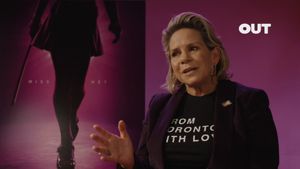




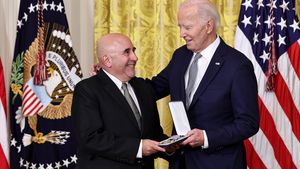













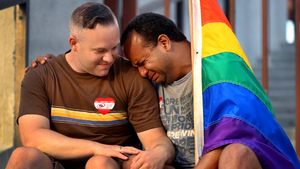
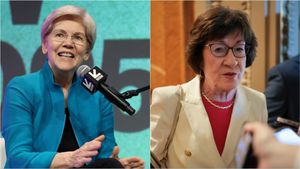
























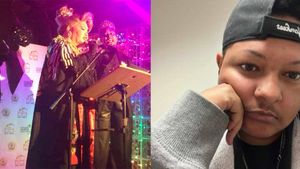




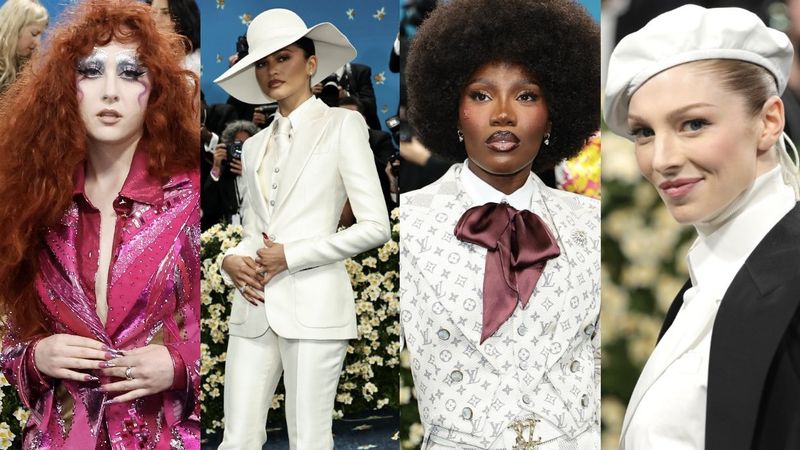




































 Cindy Ord/Getty Images
Cindy Ord/Getty Images










